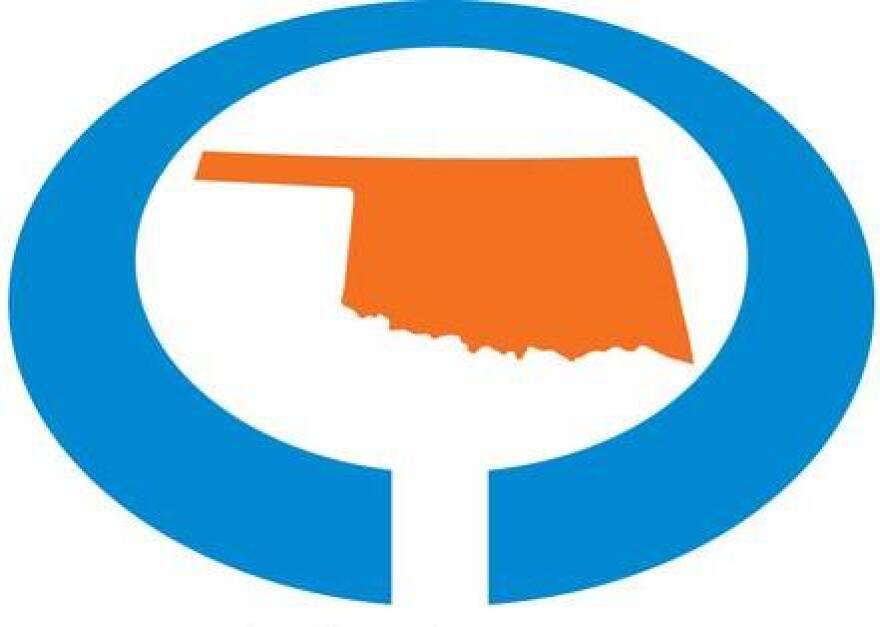Changes to Oklahoma’s third grade reading retention law will not be a blank check to pass students on to fourth grade if they failed the state’s reading test.
Districts across the state are scrambling to have parents meet with teachers and reading specialists to determine if students who failed the test will move on to fourth grade. The move comes after the Senate and House voted Wednesday tooverrideGov. Mary Fallin’s veto of the bill adding parents to the discussion.

In Tulsa Public Schools, the district started scheduling parent-teacher conferences immediately after results were released on May 9. Those meetings will now include talking to parents about their involvement on whether to retain their child, in addition to talking about other retention exemptions.
Many of those meetings should be done by May 30.
Oklahoma City Public Schools is doing the same thing, and hopes to finish meeting with parents by mid-June.
But teachers and parents may not make a decision on who is retained until closer to August. That will give students a chance to take summer reading programs and alternative assessments in an attempt to improve their reading skills.
Tracy Bayles, chief academic officer for Tulsa Public Schools, said the decision to promote a student must be unanimous, and that teachers will not have a problem going against a parent’s wishes to promote their student.
“We don’t believe in social promotion,” she said. “That’s not what’s best for the child.”
Tulsa has about 1,125 students, or 32.7 percent, at risk of retention and Oklahoma City has about 1,042, or 28.9 percent.
Tulsa hopes to find out how many students qualify for an exemption allowing them to move to fourth grade by the end of the week. Exemptions can apply to students in special education, English language learners, those who have already been retained and those who show proficiency through a portfolio.
Oklahoma City has already determined that about 259 students are eligible for an exemption.
Gov. Mary Fallin, Superintendent Janet Barresi and lawmakers who opposed the change have said the bill encourages social promotion and sets students up for failure.
Rep. Jason Nelson has said he is concerned parents may make an emotional decision to not retain their child even though it may be in the student’s best interest.
Parents have countered that they want to be involved in the decision.
Many parents have also said they would support retention, especially if its supported by their child’s teacher, but that the decision should not be based off the results of one test.
The Oklahoma State Department of Education said the change may carry a cost for smaller districts who will have to hire reading specialists.
A financial impact statement filed by the Senate estimated the minimum cost could be$306,666 to hire reading specialists.
While changes to reading retention were heralded as a success this past week, education advocates were dealt a setback on school funding.
A proposal adding $600 million to education in Oklahoma during the next decade will not make it out of the Legislature this year.
Rep. Lee Denney, R-Cushing, said the bill passed both the House and Senate earlier this session. The bill is now stuck in a conference committee to address Senate amendments to the bill that were rejected by the House.
“I am very disappointed, we’ve got to make education a priority,” Denny said. “We will have to try again next session.
A $2.4 billion education budget, which increases common education funding by $80 million, did pass the House and Senate that week and is on its way to Fallin’s desk.
Half of that would be used to cover increased health care costs, and the other half could go into the state’s education funding formula.






